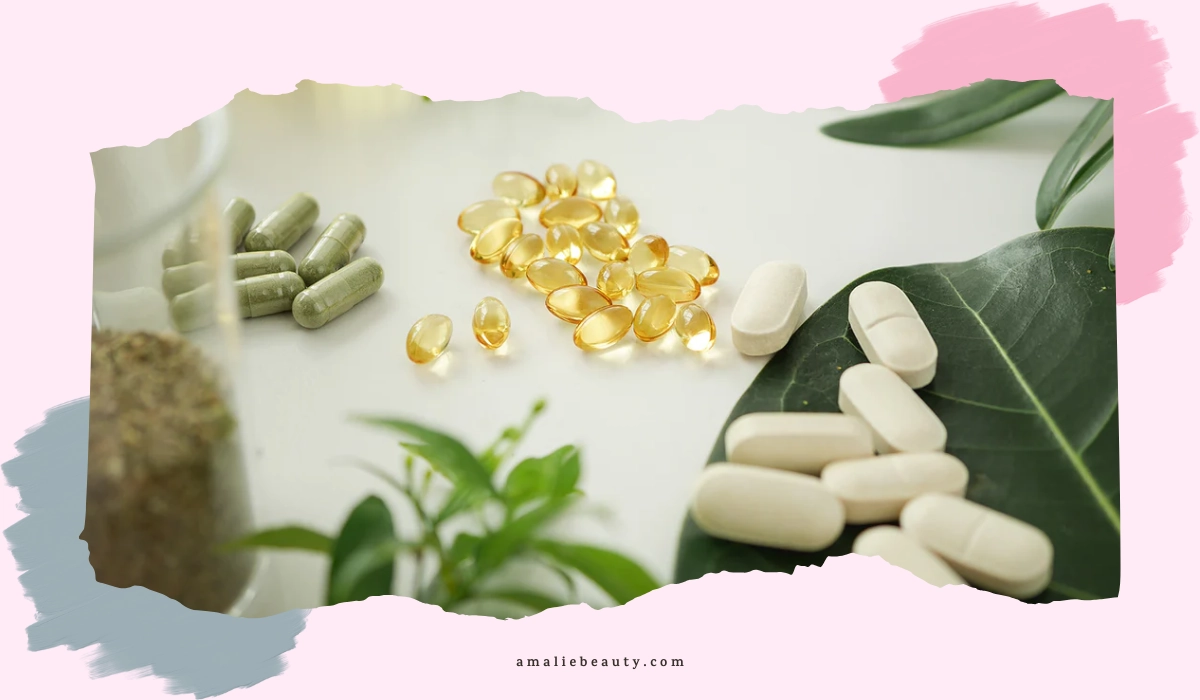Vascular health can be defined as the health of your blood circulatory system and how your blood is flowing, whether there is any complication or clotting of blood. There can be a risk of many vascular diseases of the heart, brain, leg, etc. These diseases reduce the blood flow in the leg and build fats around it hence, individuals are not able to walk properly and suffer from pain.
Here, Vitamins, a biological combination, can help tackle such types of diseases or medical conditions. So, let’s find out how vitamins can help manage blood circulation in the legs and improve vascular health. Through this article, we gonna discuss the Vitamins For Blood Circulation In Legs.
Different Types Of Vitamines That Help in Regulating Blood Circulation In Legs
Vitamins help in growth and nutrition, and they are hard for the body to synthesize, so you should take them in a small amount. There are two main types of vitamins: one that is soluble in water and another that is soluble in fats.
Water-soluble vitamins are those that are not stored in our body and dissolve in water.so you should use it daily as per your needs or requirements. Some of them are vitamin B1 (Thiamine), vitamin B2 (Riboflavin), etc.

Fat-soluble vitamins- which are stored in your body’s fat tissues and become toxic if used access. For example, vitamin A, Vitamin D, etc., supplements that are used for a good flow of blood in anyone’s legs are vitamin B3 (niacin), vitamin B and C, vitamin D, etc., so here is a piece of detailed information on that.
Vitamin B-Complex
This will help you enhance your blood flow, energy, and good brain functioning.it is a group of 8 vitamins
- Vitamin B1 (Thiamine) helps in the good functioning of muscles and nerves, converts food into energy, and helps in the growth of cells. some of the natural sources are salmon(fish), milk, beef, pork, etc.
- Vitamin B2 (Riboflavin) helps improve our brain health, eyes, and skin. It also performs the function of converting food into energy. Examples are eggs, salmon, beef, chicken, and dairy products.
- Vitamin B3 (Niacin) helps improve our digestive system, protects against vascular diseases, and increases blood flow. It also improves our skin glow. Some of the important sources are oats, nuts, chicken, fish, etc.
- Vitamin B5 (Phanthothenic acid) helps build fats in your body and also helps break down the fats we consume. It reduces premature aging and enhances your skin You can get it in mushrooms, lentils, chickpeas, sweet potato, etc.
- Vitamin B6 (Pyridoxine) helps in the production of RBC(Red Blood Cells) and increases hemoglobin in your body; it reduces depression and promotes brain growth. You get these in banana, beef, salmon, milk, etc.
- Vitamin B7 (Biotin) helps in the utilization of fats, carbohydrates, and amino acids in our body, and it also promotes hair and nail growth. You get biotin in peanuts, walnuts, fish, eggs, etc.
- Vitamin B9 (folate), found in green leaves, citrus fruits, beats, and eggs, is used to repair DNA(deoxyribonucleic acid) and promotes cognition improvement.
- Vitamin B12 (cobalamin) prevents anemia, forms RBC (red blood cells), and lowers high blood pressure. It also helps improve cognitive levels in people above age.it is found in plant-based milk and cereals.
All of the above supplements are helpful in the growth and development of blood flow, but vitamin B3 focuses mainly on blood circulation in the legs. In addition to these, vitamins C, D, and E also contribute equally and are mentioned below.
Vitamin C
It is a water-soluble vitamin found in fruits containing citric acid; it helps in improving the defense system of our body to fight various diseases. It helps reduce the chances of heart attack and maintain the blood pressure level.
It also helps in maintaining memory. Protect us from eye diseases and prevent the risk of cancer. Fruits like strawberries, oranges, avocados, kiwis, and mangoes are some sources of vitamin C, and vegetables like broccoli, cabbage, and tomatoes are some examples.
Vitamin D
It is a fat-soluble vitamin that helps in proper heart functioning, improves heart rate, and makes bones strong. The human body absorbs phosphorus and calcium that make our bones strong. It also helps in blood circulation all over the body and plays a vital role in the production of insulin. Our body produces vitamin D itself when exposed to sunlight; other than this, cheese, fatty fish, and mushrooms are some origins of vitamin D.
Vitamin E
It is a fat-soluble vitamin that helps in protecting our cells from damage and acts as an antioxidant. It plays a vital role in our brain development and protecting our hearts. You can obtain it from peanut butter, sunflower seeds, avocados, fish, and wheat germ oil. So, if you want to improve blood flow in your legs, it can be a good idea to include these types of food in your daily diet.
Vitamin K
Additionally, it is also important to have vitamin K in our diet because it helps us improve our bone health and stop blood clotting. The thing to note here is that there are two types of vitamin K, i.e., K1, which we obtain from leafy vegetables like broccoli, spinach, sprouts, etc. The other one is vitamin K2, which comes from meat such as pork, beef, cheese, etc. These vitamins help you improve your immune system and increase your metabolism in your day-to-day work.
Conclusion
Till now, you might have understood that vitamins are very essential components for blood circulation in different parts of the body, especially in the legs. Though it is important to consume them, they are not easy to adjust, so a smaller quantity can be enough. If you want to increase its consumption, you should consult your doctor and ask for medication.
This is important because overdose can lead to many problems like vomiting, irregular heartbeat, weakness, etc. So before taking any kind of supplements, you can ask for help or consume the naturally made vitamins from fruits and vegetables, which will help you in all ways without any side effects.

